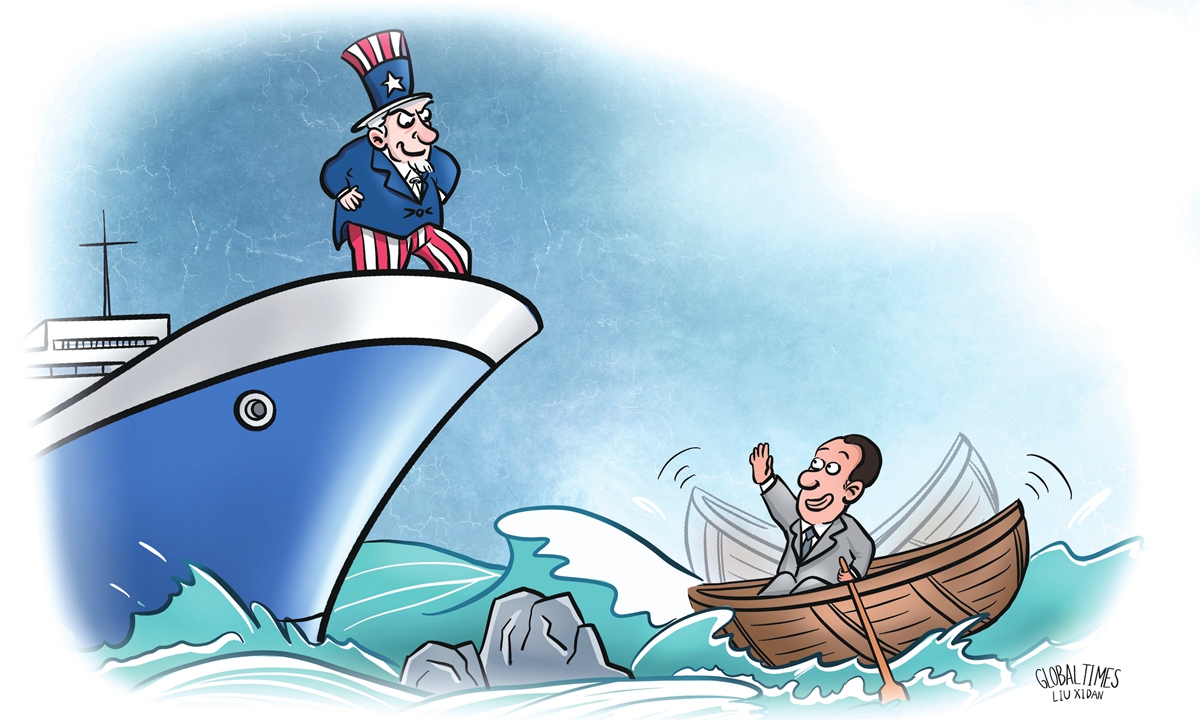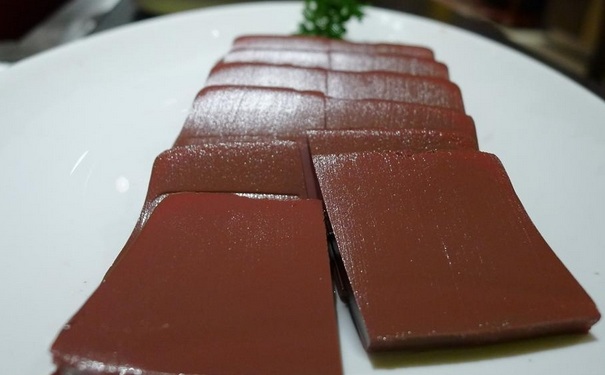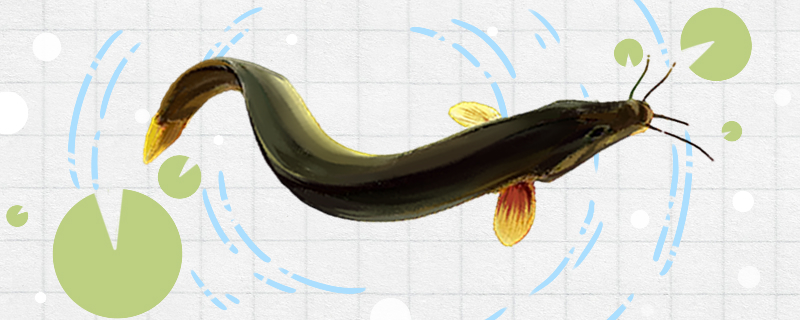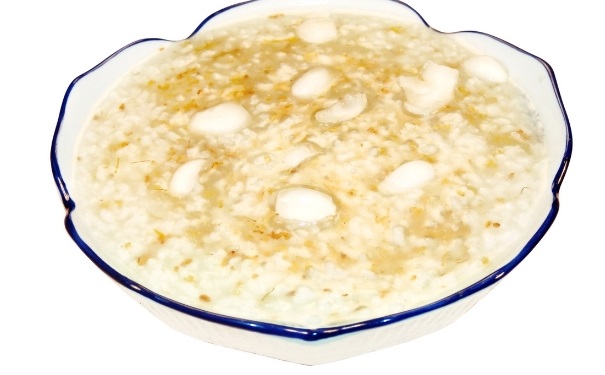Manila lacks foresight as it takes sides

Illustration: Liu Xidan/GT
As the APEC Economic Leaders' Week gets underway, Philippine President Ferdinand Romualdez Marcos Jr will reportedly embark on a US trip on Tuesday. He also has an "unconventional" plan - to visit the US Indo-Pacific Command in Hawaii. Considering the Philippines' agreement to allow the US to increase its military presence in Philippine military bases, frequent provocations in the South China Sea and the special status of the US Indo-Pacific Command in countering China, it is difficult not to conclude that the Philippines' diplomacy is losing its sense of balance and leaning more toward the US at the expense of confronting China.The South China Sea disputes between China and the Philippines have long existed, but this dispute is only a small part of China-Philippines relations. There are many ways to manage sovereignty disputes. Apart from a few disputed islands and reefs, China-Philippines relations have a broader connotation. China is the Philippines' largest trading partner, and the two countries have close cultural exchanges, with common interests far outweighing their differences.
Therefore, the current situation in the South China Sea is the result of Marcos Jr's pro-US policy rather than the cause. The reasons for Marcos Jr's pro-US policy may include the following:
Firstly, after the departure of former president Rodrigo Duterte, pro-US forces are on the rise in the Philippines. The pro-US forces in the Philippines are deeply rooted, but they have been waned under Duterte's presidency. Now they have finally found an opportunity to release their energy, which inevitably leads to a stronger rebound, becoming the dominant force in security and foreign policy.
Secondly, the US is deepening its Indo-Pacific Strategy and attempting to entice and lure the Philippines. Using partners to lead the containment of China is the true purpose of the US Indo-Pacific Strategy. In addition, the US military has made military deployments to counter China's reunification with the island of Taiwan. As a treaty ally with a territorial dispute with China and located in the southern part of the Taiwan region, the Philippines is a natural choice.
Thirdly, this policy is related to the current Philippine government's perception and considerations. Marcos Jr once emphasized "a friend to all and an enemy of none," but obviously this understanding has not permeated into the policy thinking of all government departments, especially the security and foreign affairs departments. Moreover, influenced by recent political changes in the Philippines, it is doubtful whether Marcos Jr still adheres to a balanced and independent foreign policy.
Therefore, if the Philippines ultimately chooses to lean toward one side in the China-US competition, it is based not on national interests but on the manipulation of nationalism by various complex domestic and foreign political factors. Unfortunately, this policy choice is based on an incorrect assessment of its own situation and the international environment, and it may not be prepared for the consequences of this choice.
Firstly, the Philippines does not have a clear understanding of the essence of the US strategy to contain China. The US is fundamentally a pragmatic country in diplomacy, as evidenced by its chaos and abandonment in Afghanistan. Currently, the US mainly uses the Philippines to strategically contain and tactically harass China. While managing its own bilateral relationship with China, the US puts pressure on the Philippines, even to the point of possible conflict.
Secondly, the Philippines lacks sufficient vigilance about the consequences of being involved in the China-US competition. Currently, the US is comprehensively suppressing China in areas of politics, military, diplomacy, economy, technology, among others. China's overall response is restrained, but it cannot refrain from making some reactions. However, as the saying goes, "When elephants fight, it is the grass that suffers." If there are only some frictions between China and the US, it could have serious consequences for the countries involved.
Finally, the Philippines lacks a full estimation of the potential of China-Philippines relations. Although China's economy has been affected by the pandemic, it is still an important engine driving global economic development. There is still great potential for expanding exports to China, infrastructure cooperation, poverty alleviation, food security, tourism, and other areas. The Philippines needs to plan the future of bilateral relations based on a strategic perspective rather than temporary gains and losses.
Choosing to lean toward the US without considering the above factors is reckless. In comparison, other Southeast Asian countries have a more thoughtful approach to the China-US competition, and balancing relations with major powers has always been the basic principle of ASEAN in dealing with relations with external powers. Obviously, this is also the best choice to deal with the complex geopolitical and economic realities of East Asia.
The author is vice president of Shanghai Institutes for International Studies. [email protected]
“Manila lacks foresight as it takes sides” 的相关文章
黑豆和黑芸豆怎么区分?黑豆与黑芸豆的区别
豆类是一个数量种类庞大的蔬菜种类,单单从我们日常生活中经常吃的就可以看得出来,比如有红豆、黄豆、绿豆、黑豆等等,除去这些还有很多其他种类的豆类蔬菜,黑芸豆也是其中的一种。那么,黑豆和黑芸豆有哪些具体的 ...
钓浮会受到走水影响吗,漂一直飘怎么办
选用吃铅更大的浮漂:选择吃铅量更大的漂,它们在水中更稳定,不容易四处漂动。采用跑铅钓法:这种钓法在走水情况下经常用到,使用重一些的铅坠,让双钩处于躺底的状态,走水对钓组的影响就会降低。不用浮漂:改为不 ...
大胸斧鱼好养吗,怎么养
喂食:大胸斧鱼是杂食性的。投喂动物性的饲料或者其它的活饵都是可以的。在一开始饲养这种鱼的前两天,尽量不要投喂饵料。水质:在弱酸性或者是中性的水中,它们都可以正常的生长。家庭饲养把水的酸碱度控制在6.8 ...
发表评论














